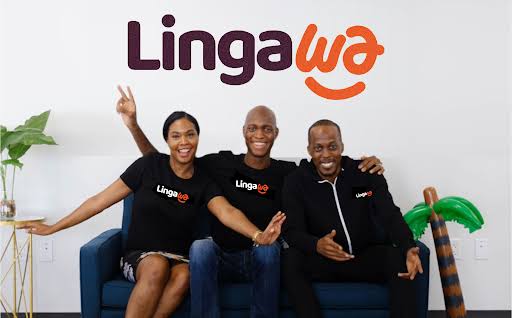The inaugural Mastercard Foundation EdTech Conference in Abuja saw 600 stakeholders from over 30 countries discuss the urgent need for integrating technology into African education systems.
The event emphasised the necessity of integrating technology into Africa’s learning systems for resilient and inclusive education.
Hosted in partnership with Nigeria’s Federal Government, the conference concluded with a collective call to action, presenting ten recommendations to guide national decision-making and advance the EdTech ecosystem across the continent.
Read also: Mastercard Foundation summit highlights African edtech startups
Call to Action for Inclusive Learning
Key recommendations included championing local innovation through supportive policies, with governments as leaders, proactive enablers, and consumers of quality content and delivery mechanisms. There was also a call to harmonise cross-sector policy by coordinating inter-ministerial strategies, plans, and initiatives on technology-enabled access to education for all.
Additionally, participants urged the underwriting of foundational infrastructure through creative use of resources, such as Universal Service Funds, to invest in electricity, internet, devices, and dedicated infrastructure for education programs.
The conference also highlighted the need to drive decisions with data by investing in government systems and capabilities for timely collection, analysis, and informed decision-making. Another critical point was to enhance delivery capacity along the EdTech value chain by upskilling teachers to use EdTech effectively and supporting leaders in education systems to work with tech-enabled processes and data. Participants called for the systematisation of EdTech integration by introducing and enforcing clear, context-relevant standards for technology integration into the educational curriculum.
Speakers, including Nigeria’s Federal Minister of Education, Prof. Tahir Mamman, emphasised that technology is not just a tool but a powerful incentive that empowers students and ignites their passion for learning. Dr. Bosun Tijani, Nigeria’s Federal Minister of Communications, Innovation, and Digital Economy, stressed that inclusion is the cornerstone of EdTech and the necessity of reaching all learners.
Read also: Unveiling the First Fintech Timbuktoo Festival in Lagos
Edtech Conference Key Recommendations and Future Goals
Guiding context-relevant innovation with clear and timely guidelines and approval processes for content, tools, and licences to encourage innovation, investment, and technology mainstreaming was emphasised. Participants also suggested diversifying learning pathways for out-of-school youth by developing flexible technology-enabled alternatives for learning, accredited certification, and re-entry to the formal education system.
Lowering access barriers to EdTech through strategic private-public partnerships was highlighted as essential for supporting responsive, evidence-based policy and affordable solutions for all. Embedding responsive inclusivity, including gender equity and considerations for persons with disabilities, refugees, and displaced persons, was also prioritised in policy and innovation processes.
Joseph Nsengimana, Director of the Mastercard Foundation Centre for Innovative Teaching and Learning, highlighted the collective commitment to advancing education through technology, promising significant transformations in the educational landscape.
The next EdTech Conference is set for 2026, coinciding with the Mastercard Foundation’s 20th anniversary.
















